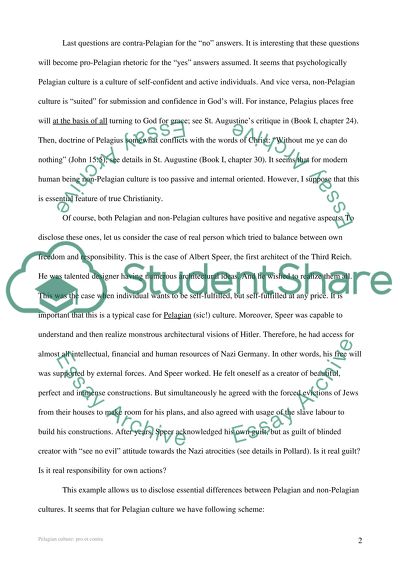Cite this document
(“Pelagian Culture Essay Example | Topics and Well Written Essays - 750 words”, n.d.)
Pelagian Culture Essay Example | Topics and Well Written Essays - 750 words. Retrieved from https://studentshare.org/miscellaneous/1512254-pelagian-culture
Pelagian Culture Essay Example | Topics and Well Written Essays - 750 words. Retrieved from https://studentshare.org/miscellaneous/1512254-pelagian-culture
(Pelagian Culture Essay Example | Topics and Well Written Essays - 750 Words)
Pelagian Culture Essay Example | Topics and Well Written Essays - 750 Words. https://studentshare.org/miscellaneous/1512254-pelagian-culture.
Pelagian Culture Essay Example | Topics and Well Written Essays - 750 Words. https://studentshare.org/miscellaneous/1512254-pelagian-culture.
“Pelagian Culture Essay Example | Topics and Well Written Essays - 750 Words”, n.d. https://studentshare.org/miscellaneous/1512254-pelagian-culture.


